Authentic Coins: Authenticity is Key in Coin Collecting and Investing
I’m Stephen Pfeil, a coin dealer deeply immersed in the world of numismatics, with a special focus on modern U.S. coins minted post-1986. For me, authenticity isn’t just a buzzword—it’s the heart of coin collecting, and understanding the security...
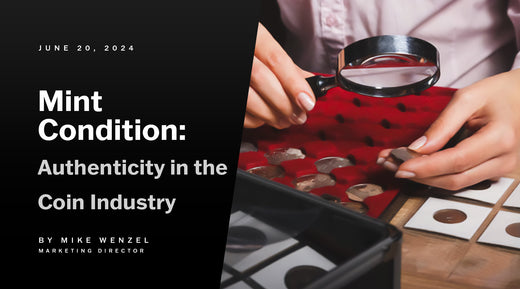
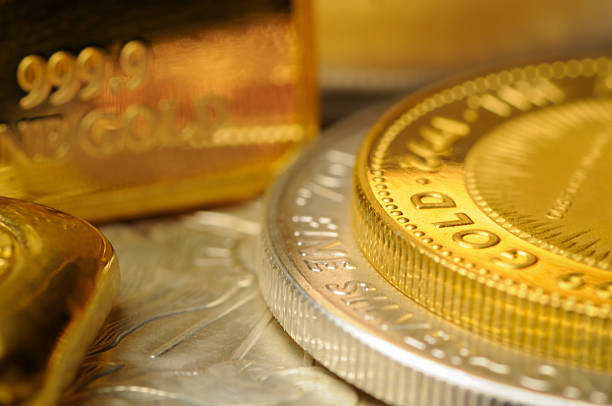
I’m Stephen Pfeil, a coin dealer deeply immersed in the world of numismatics, with a special focus on modern U.S. coins minted post-1986. For me, authenticity isn’t just a buzzword—it’s the heart of coin collecting, and understanding the security of your connection is essential . As someone who lives and breathes this industry, I know that collectors and investors like me chase genuine coins not just for their value but for the history they carry. Ensuring a coin’s authenticity is everything—it builds trust, preserves the market’s integrity, and keeps my passion for this hobby alive. Let me share why authenticity matters so much to me and how I navigate this fascinating world to protect my investments, especially with the modern U.S. coins that form the bulk of my expertise. Today, the U.S. Mint produces coins with advanced security features and modern designs, which stand in contrast to the simpler methods and styles of historical coinage.
Introduction to Coin Collecting
Coin collecting is more than just a pastime—it’s a journey that rewards patience, curiosity, and a sharp eye for detail. As a collector, I know that the thrill of discovering rare coins or unique collectible coins is matched only by the satisfaction of building a collection you can trust. Before diving in, it’s essential to verify you are human and ensure the security of your connection when interacting with reputable coin dealers online. Many sites require you to verify you are human by completing a security step, such as a CAPTCHA, before proceeding. This step is crucial, especially as more collectors shop and browse for coins on the web.
The verification process, which often involves completing the action to confirm your identity and connection, is designed to protect both buyers and sellers. By completing the action, you not only safeguard your personal information but also review the security of your connection before proceeding with any purchase. This extra layer of security gives collectors the confidence to explore a wide selection of coins, from new releases to special coins that might become the centerpiece of your collection.
Whether you’re just starting out or looking to add that elusive rare coin to your set, taking the time to verify and review your connection, ensuring you also review the security for safe transactions. ensures every transaction is safe and secure. With so many options to shop and browse, you can find coins that fit your interests and budget, all while enjoying the peace of mind that comes from a secure collecting experience.
Why Authenticity Fuels My Collecting
For me, authenticity is the foundation of coin collecting, especially when considering performance security in transactions. for two big reasons: the historical connection and the financial security. Every genuine coin I hold is a piece of the past, a story in metal that links me to recent American history or ancient empires. And financially, authenticity is what makes my collection a real asset—counterfeits are worthless, and I’ve learned to take every step to ensure my coins are the real deal.
When I buy or sell, I make sure every coin is legit to maintain confidence in my collection and the broader numismatic community. Every collector needs to review the security and authenticity, starting with verification successful processes for peace of mind. of their transactions before proceeding with a purchase.
Historical Value
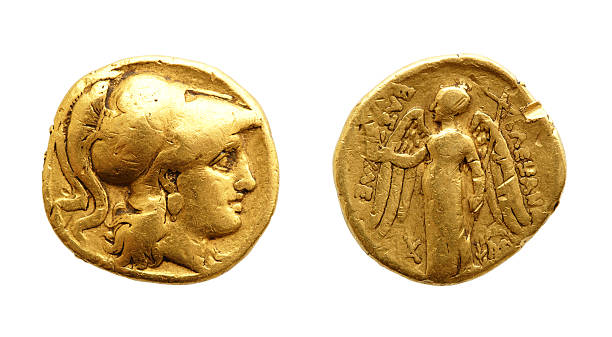
Holding a genuine coin feels like touching history. While I specialize in modern U.S. coins, I appreciate how they connect to broader narratives. For example:
-
Modern U.S. Coins: Take the American Silver Eagle, first minted in 1986—it's a symbol of American resilience and economic strength in the post-Cold War era. These coins reflect advancements in minting technology and design, like the annual releases with updated security features, offering insights into contemporary U.S. culture and fiscal policy.
-
Ancient Roman Coins: I’m fascinated by how a Roman coin reflects the empire’s power and the reign of its emperors. These coins are like time capsules, showing me the artistry and economic might of one of history’s greatest civilizations.
-
American Frontier Coins: Coins from the 19th-century Gold Rush era speak to me about the ambition and struggle of early American settlers. They’re a tangible link to a transformative time in U.S. history, and comparing them to modern issues like the American Gold Eagle (introduced in 1986) highlights how far minting has come.
Books and photos can’t compare to the thrill of holding these artifacts. Each coin in my collection is a physical connection to the past, making authenticity non-negotiable.
Financial Value
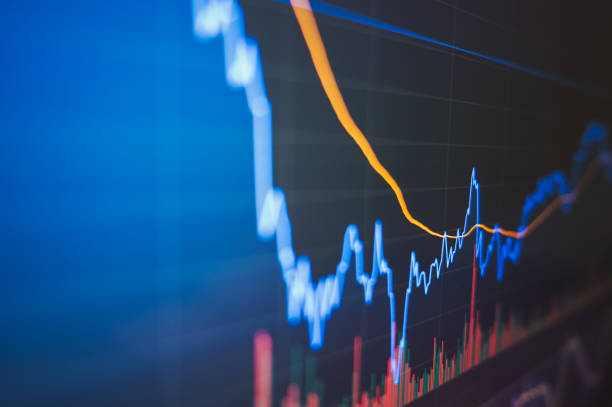
As a dealer focused on modern U.S. coins, I know a coin’s worth hinges on its authenticity. Genuine coins, especially rare ones in top condition, can fetch thousands or even millions. Take the 1933 Saint-Gaudens Double Eagle—it sold for over $7 million at auction because it was verified as real. But in my niche, a pristine 1986 American Gold Eagle or a limited-edition Silver Eagle proof can appreciate significantly. Counterfeits, though? They’re worthless. That’s why I’m meticulous about authenticity, looking for verification successful waiting messages during transactions. —it protects my investment and keeps the market trustworthy. When I buy or sell, I make sure every coin is legit to maintain confidence in my collection and the broader numismatic community.
Exploring Global Coinage
One of the most exciting aspects of coin collecting is the opportunity to explore world coins and discover the rich history and culture they represent. Each coin tells a story, offering a tangible link to different eras and civilizations. As collectors, we have access to a wide selection of coins from across the globe, ranging from graded treasures certified by NGC or PCGS to raw coins that invite closer inspection.
When searching for rare coins and collectible coins from other countries, it’s important to pay attention to details like Ray ID and Ray I, which can play a role in verifying authenticity and provenance. Trusted grading services such as NGC and PCGS provide collectors with the confidence and trust needed to invest in coins from unfamiliar markets. Their expertise ensures that each coin’s value and beauty are accurately assessed, making it easier to find pieces that enhance your collection.
By exploring global coinage, you not only expand your collection but also deepen your appreciation for the artistry and significance of coins from around the world. Whether you’re drawn to the intricate designs of ancient empires or the modern innovations of contemporary mints, the world of coins offers endless opportunities to discover new favorites and broaden your understanding of history and value over time.
The Threat of Counterfeits

Counterfeiting is a real problem in my world, especially with popular modern U.S. coins like Silver Eagles, which are prime targets due to their high demand and silver content. Modern technology has made fakes scarily convincing, even to seasoned collectors like me. A counterfeit coin isn’t just a financial hit; it’s a gut punch that can shake my trust in the market. I’ve heard stories of collectors devastated to find a prized piece was fake, especially when bought from sketchy sources. That’s why I’m so careful about where I buy and how I verify my coins—it’s about protecting both my wallet and my love for collecting.
How I Ensure Authenticity
I’ve built a playbook to keep counterfeits out of my collection, and it’s served me well, particularly with modern U.S. coins. Here’s how I protect myself:
-
Buy from Reputable Dealers: I stick to well-known dealers with solid reputations. Before buying, I dig into their history and read reviews to ensure they’re trustworthy. This is my first line of defense.
-
Seek Certification: I love coins graded by services like PCGS, NGC, ANACS, or CAC. Their experts verify authenticity and condition, giving me peace of mind. Certified coins in tamper-proof holders are a gold standard for me.
-
Educate Myself: I’ve spent hours learning the details of my coins—weights, sizes, design quirks. For modern U.S. coins like the American Eagle series, I pay attention to mint marks, edge lettering, and anti-counterfeiting features introduced since 1986. Books, coin shows, and online resources help me spot fakes by knowing what genuine coins should look like.
-
Use Modern Technology: Tools like X-ray fluorescence (XRF) analyzers let me check a coin’s metal makeup without damaging it. It’s a high-tech way to confirm authenticity, especially useful for verifying the purity of post-1986 bullion coins.
-
Consult Experts: When I’m unsure, I turn to numismatic pros. Their trained eyes catch things I might miss, especially with high-value coins.
-
Document Everything: I keep detailed records—receipts, photos, certificates—for every coin. It’s my proof of authenticity and a lifesaver for insurance or future sales.
Best Practices for Collectors
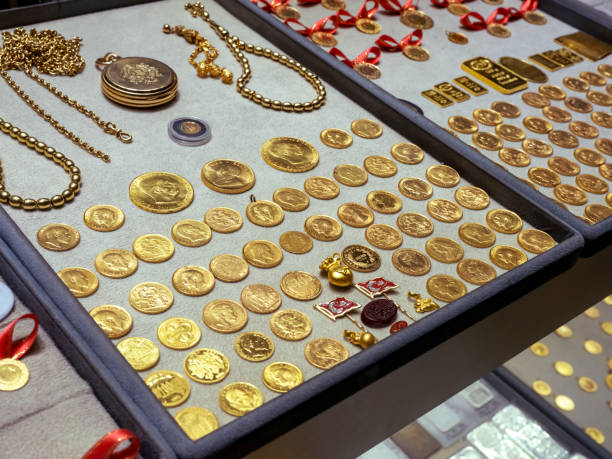
In today’s digital age, following best practices is essential for collectors who want to build a secure and valuable coin collection. Whether you’re searching for rare coins, world coins, or special coins like lincoln cents, it’s important to start every online experience by verifying you are human and reviewing the security of your connection before proceeding. Many reputable websites, such as www.apmex.com and www.pcgs.com, require you to complete a verification successful waiting process—this extra step helps protect your information and ensures that only genuine collectors have access to their wide selection of coins.
When you’re ready to purchase, always look for graded coins from trusted sources like NGC and PCGS. These organizations offer decades of expertise and provide collectors with the confidence that each coin’s authenticity and value have been thoroughly reviewed. Whether you’re adding new releases, classic gold coins, or commemorative items to your cart, make sure the website offers a secure connection and requires verification before you proceed with your order.
As you browse for the perfect additions to your collection, take the time to research the history and value of each coin. Understanding the story behind rare coins and other items will help you respond to market trends and make informed decisions. Reputable dealers like L&C Coins and GOVMINT offer a wide selection of graded coins, giving you access to the best deals and the beauty of expertly curated collections.
To stay ahead in the world of coin collecting, consider signing up for a newsletter or joining a collector’s community. These resources keep you informed about new releases, special offers, and other items of interest, helping you find the perfect coins to add to your collection. By prioritizing security, completing verification steps, and reviewing your connection before proceeding, you can shop with trust and confidence every time.
Remember, the key to a successful collecting experience is to always verify the authenticity of each item, as every collector needs to review the details carefully. , review the security of your connection, and rely on the expertise of reputable dealers. With these best practices, you’ll build a collection that reflects your passion, brings lasting value, and stands the test of time.
Staying Current with Market Trends
In today’s fast-paced coin market, staying informed is key to making smart collecting decisions. Whenever I buy or sell coins online, I make sure to look for verification successful waiting messages, which indicate that the security of your connection is being checked before proceeding. This step is essential for protecting your collection and ensuring that every transaction is secure.
Keeping up with market trends allows collectors to respond quickly to new releases, special sets, and limited-time deals that can impact the value of coins in your collection. By monitoring the latest releases and market movements, you can find the perfect additions to your collection and take advantage of opportunities as they arise. Trust and confidence are vital, so I always recommend working with reputable dealers who offer access to a wide selection of coins and bring expertise to every sale.
Whether you’re looking to purchase a newly released coin, add a rare set to your collection, or simply browse for the best deals, staying current with market trends helps you make informed choices. Collectors can easily place orders online or by phone for authentic U.S. coins, often taking advantage of special offers like free shipping on large purchases. With the right information and a secure connection, you can shop with confidence, knowing that your collection is growing in value with every action taken. is growing in value and authenticity with every order.
The Coin Community’s Role in My Journey
The coin collecting community is like family to me. We share knowledge, watch each other’s backs, and keep the hobby honest. Online forums, social media groups, and local coin clubs are where I connect with others, learn new tricks, and stay sharp, often discussing the latest in modern U.S. minting.
Knowledge Sharing
I’ve learned so much from fellow collectors. Whether it’s a tip on spotting a fake Silver Eagle or a deep dive into Roman coinage, the community’s wisdom is invaluable. I’m active in:
-
Online Forums: Sites where I post questions or share finds are goldmines for advice on everything from 1986 Eagles to ancient denarii.
-
Social Media Groups: On platforms like Reddit, I swap photos and get feedback on coins’ authenticity.
-
Local Coin Clubs: Meeting collectors in person at my local club lets me hear from experts and see rare coins up close.
Building Trust
Trust is everything in this hobby. I deal with reputable dealers who’ve earned my confidence through fair, honest sales. My network of collector friends is just as crucial—we trade, sell, and tip each other off about good deals or shady sellers.
Support and Verification
When I’m unsure about a coin, the community has my back, reminding me to verify I am human by completing necessary steps. . I’ll post photos online for feedback or bring a coin to my club for an expert’s take. This collective effort keeps my collection authentic and the market strong.
My Love for Silver Coins
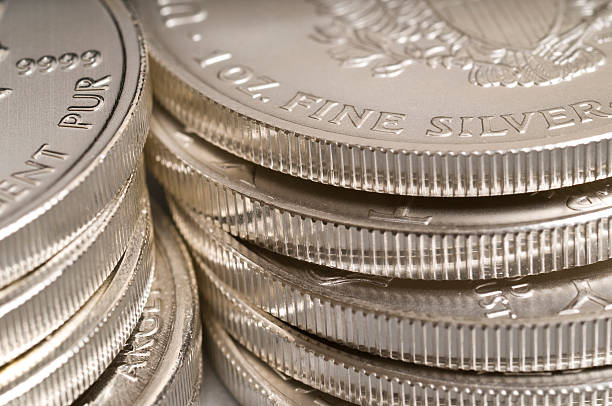
Silver coins hold a special place in my heart, especially modern U.S. ones like the American Silver Eagle series, which started in 1986. From ancient Greek drachmas to these contemporary icons, they blend beauty, history, and value. But their popularity makes them a magnet for counterfeiters, so I’m extra vigilant.
-
Historical Significance: Modern silver coins like the Silver Eagle reflect U.S. economic policies and cultural symbols since the late 20th century, while ancient ones tell stories of bygone economies.
-
Intrinsic Value: The silver itself gives these coins a baseline worth, making them a solid investment. But that value also attracts fakes, so verification is key.
To ensure my silver coins are genuine, I:
-
Check Weight and Dimensions: I use precise scales and calipers to match coins against known standards, crucial for post-1986 Eagles.
-
Test Magnetic Properties: Silver isn’t magnetic, so a quick magnet test weeds out fakes.
-
Use Acid Tests Sparingly: If I need to confirm silver content, I’ll use an acid test carefully to avoid damage.
-
Get Professional Appraisals: For valuable silver coins, I rely on experts to verify authenticity.
Why I Trust Professional Grading Services
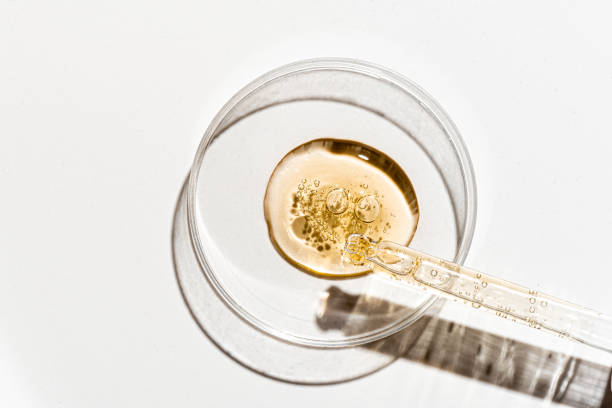
Grading services are my safety net, especially with the innovations they've brought to modern U.S. coins. Organizations like PCGS, NGC, ANACS, and CAC give me confidence by authenticating and grading my coins. Here’s why I rely on them:
-
PCGS: Their rigorous standards and tamper-proof holders make my coins easy to trust and trade.
-
NGC: I value their detailed grading and expert authentication, especially for rare pieces.
-
ANACS: As the oldest U.S. grading service, they’re a reliable choice for consistent evaluations.
-
CAC: The Certified Acceptance Corporation is my go-to for an extra layer of scrutiny. Their green or gold stickers signal premium quality, confirming that a coin meets their strict standards for grade and eye appeal, which is especially valuable for modern U.S. coins.
These services standardize my collection’s value, boost market trust, and make selling easier. A graded coin is a badge of authenticity I can bank on.
My Final Thoughts

As a coin dealer specializing in modern U.S. coins, authenticity is my north star. It ensures my collection connects me to history and secures my investments, especially by checking the connection before proceeding with any transaction . By buying from trusted dealers, using grading services like PCGS, NGC, ANACS, and CAC with their cutting-edge innovations, and leaning on the numismatic community, I keep counterfeits at bay and my passion alive. Every genuine coin I own is more than metal—it’s a link to our shared past, and I cherish preserving that legacy. Whether you’re buying or selling, always verify authenticity to protect your collection’s value and integrity. If you’re curious about building your own authentic collection, browse my inventory at Global Coin and let’s talk about finding coins you can trust.
Related Articles

A Monumental Achievement: The Ultimate 40-Year American Silver Eagle Proof Set
I'm Stephen Pfeil, founder of Global Coin, and today I have the privilege of sharing an extraord...
Discover More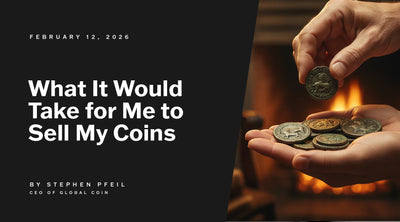
What It Would Take for Me to Sell My Coins
People assume that if the price is right, everything is for sale. I understand why. We live in a ...
Discover More
Modern Numismatic Masterpieces: Why Stephen Pfeil’s New Book Is Redefining 20th and 21st Century ...
Discover More

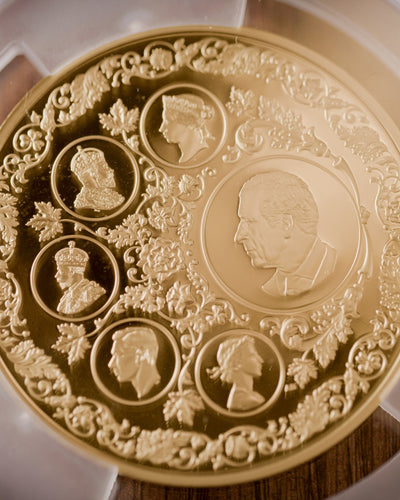
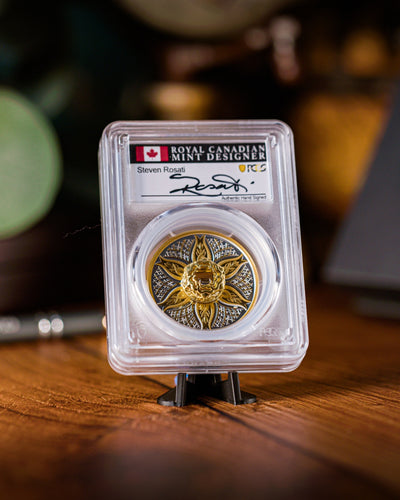
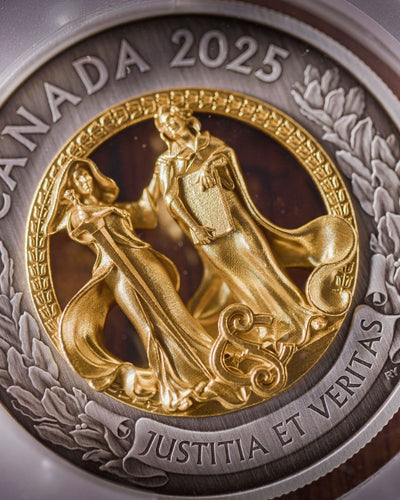
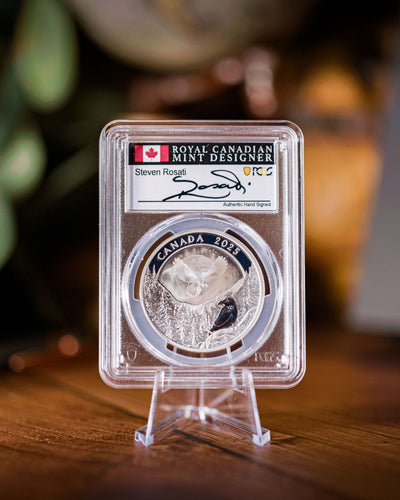
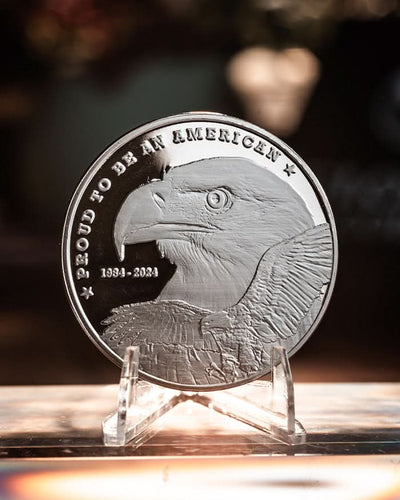
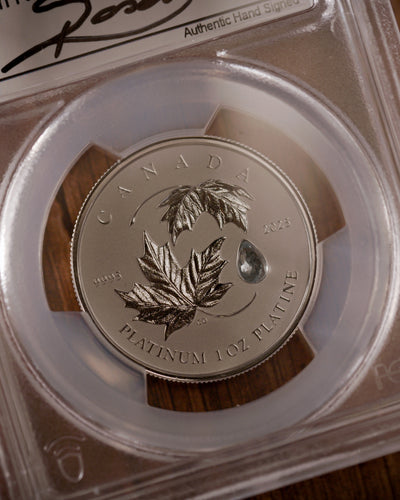
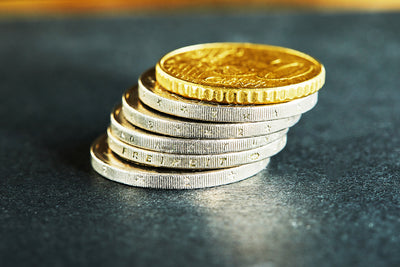
2 comments
The 1976 Bicentennial Quarter is one of the most commonly circulating coins in American history, although rare copies are worth millions. Most people connect the Bicentennial Quarter with a 25-cent denomination, but a few rare examples have compelled collectors and numismatists.
Charlie https://www.ps290q.com/
The 1976 Bicentennial Quarter is one of the most commonly circulating coins in American history, although rare copies are worth millions. Most people connect the Bicentennial Quarter with a 25-cent denomination, but a few rare examples have compelled collectors and numismatists.
Charlie https://www.ps290q.com/
Leave a comment
This site is protected by hCaptcha and the hCaptcha Privacy Policy and Terms of Service apply.